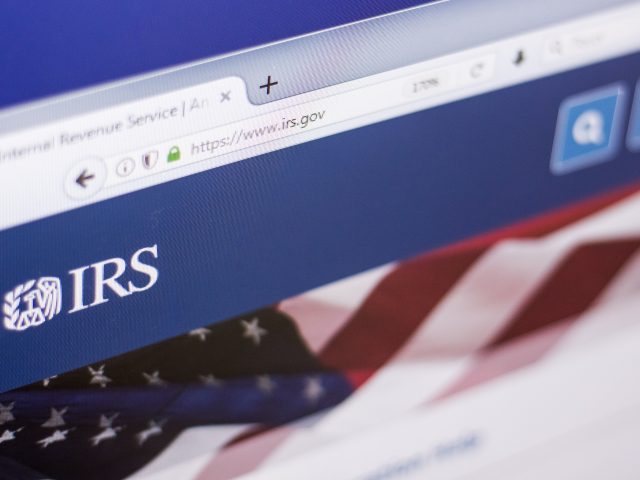What are Money Market Accounts Good For?
Share
Short answer: for a better interest rate on your savings without loss of liquidity, plus some of the functionality of a checking account.
Longer answer: first, let’s define a few things.
What a Money Market Account Is and How It Works
When you deposit your money into a regular savings account, your credit union or bank is limited to making loans with those funds. If you deposit that same money into a money market account, your bank or credit union can put those funds into very low-risk investments, and this enables your financial institution to pass along some of the return on those investments to you, in the form of higher dividends. Don’t get squeamish at the word “investments,” because a money market account is guaranteed, up to $250,000, by the Federal Deposit Insurance Corporation (FDIC) or National Credit Union Administration (NCUA).
To open a money market account, you’ll need to start with a minimum deposit. The amount varies from one financial institution to the next. To continue earning dividends on your savings, you’ll need to maintain a minimum balance in your account, which again varies. Typically, higher balances are rewarded with higher interest rates, usually on a tiered structure.
Keep reading to learn four benefits of a money market account, when it’s a good idea to open one, and how to choose the right one.
Why Use a Money Market Account
For earning a higher interest rate on your savings.
Compared to a regular savings account or checking account, a money market account typically offers a significantly higher interest rate, and that translates into higher yields for you. The interest rate is compounded and credited monthly, so your balance continues to grow regularly. All this means that your savings can earn you more money, without you having to do any extra work beyond maintaining that minimum balance in the account.
Click here to see Member One's current Money Market rates.
For easy access to your money.
In contrast to share certificates and certificates of deposit, there’s no loss of accessibility when you store your savings in a money market account. You can take out money at any time, without incurring steep early-withdrawal penalties. Though electronic or mobile transfers and withdrawals from a money market account are limited by federal regulation to six per month, there are no restrictions on in-person or ATM withdrawals. As long as your funds don’t dip below the stated minimum balance, you won’t face any fees should you need to move some money out.
For writing checks and using a debit card.
Although it’s technically a type of savings account, your money market account can also do occasional double duty as a checking account. Many credit unions and banks provide money market account holders with a debit card and/or a limited number of checks. So while you won’t want to plan on using a money market account to pay for numerous regular bills, you can conveniently use one to pay for infrequent expenses.
For an FDIC-guaranteed or NCUA-guaranteed account.
A bank or credit union money market account is guaranteed. The FDIC insures money market accounts for banks, and the NCUA insures money market accounts for credit unions, in both cases up to $250,000. So, even if, let’s say, you pull up to your credit union or bank one fine morning only to discover it’s unexpectedly shut down and closed its doors for good—don’t worry, you’ll still get your money market account balance back, up to that $250,000 amount.

Learn how you could earn more with a Member One Money Market account.
When to Use a Money Market Account
Using a money market account for your emergency fund.
You may have heard before that many financial experts recommend keeping three to six months’ worth of expenses tucked away in case of unexpected financial hardships. If your monthly expenses add up to several thousand, which for many of us is no difficult feat, then multiplying that number that by three to six equals a not insignificant sum, which can mean a decent return.
Now, you need to be able to quickly access this money at any time—because, remember, unexpected financial hardship and all that—but we certainly hope you’re not having to reach for these funds very often. This makes a money market account an excellent place for storing emergency savings. It’s separate from your checking account so you’re not tempted to spend its contents, and it can earn you back some nice dividends while it, we hope, is just sitting there unused.
Using a money market account for college savings.
Other potentially good uses for a money market account include larger, infrequent expenses. Money saved for college tuition that needs to be paid out once per semester is a good example. If you've saved a significant amount of cash to pay for your or your child's tuition, it may make sense to keep those funds in a money market account so that they can earn you back some interest over each semester. If you choose to do, you should be certain that you will be able to maintain at least the minimum balance in the account between payments.
Using a money market account for a down payment.
If you're saving up for a larger one-time expense, such as a down payment on a house, allowing those savings to grow in a money market account could help you reach your goal a bit faster.
Using a money market account for mortgage payments.
While money market accounts are not designed to for paying most regular bills, some people do use them for larger monthly expenses like a mortgage payment. Again, this will depend on your ability to consistently maintain the minimum account balance.
What a money market account may not be good for.
As mentioned previously, a money market account is not to be used to pay most monthly bills. And, for retirement savings or other money you’re absolutely certain you’ll have no need to touch for a good while, you can find better yields through other, long-term investment options.
How to find the best money market account.
If you’ve decided that a money market account sounds like a good match for some of your personal financial goals, there are a few more things to know before you open one. First, be sure to shop around for the very best rates, as these can really vary from one financial institution to the next. Credit unions and community banks are a good place to start looking because they often provide higher yields. Second, remember that any money market account you put your savings into should be insured by the NCUA or FDIC. Third, when you talk to your credit union or bank representative, inquire about the details on check and/or debit card privileges, as well as potential fees if any, for example account closing fees. And finally, make sure the required minimum works for your current financial situation so you don’t lose out on earning dividends or get hit with maintenance fees.
You May Also Like

Here's how to protect yourself from falling prey to different types of tax scams.

These are some of the most common (and costly) money missteps American families make when paying for college.

Learn how to fund your remodel with a home equity loan. Get rates, pros and cons, and tips to apply with Member One in 2025.